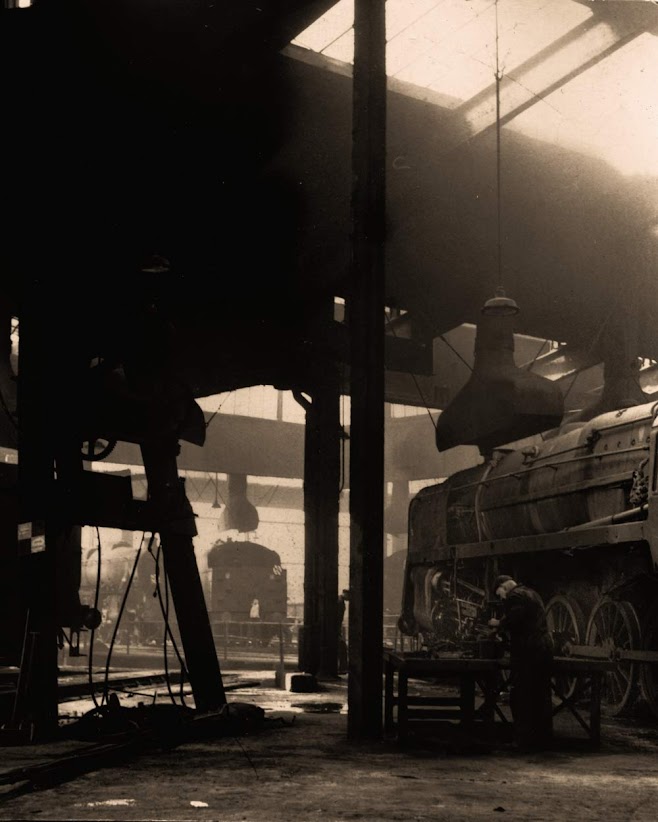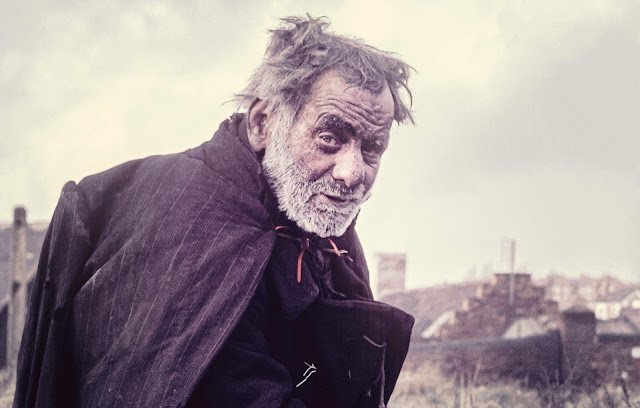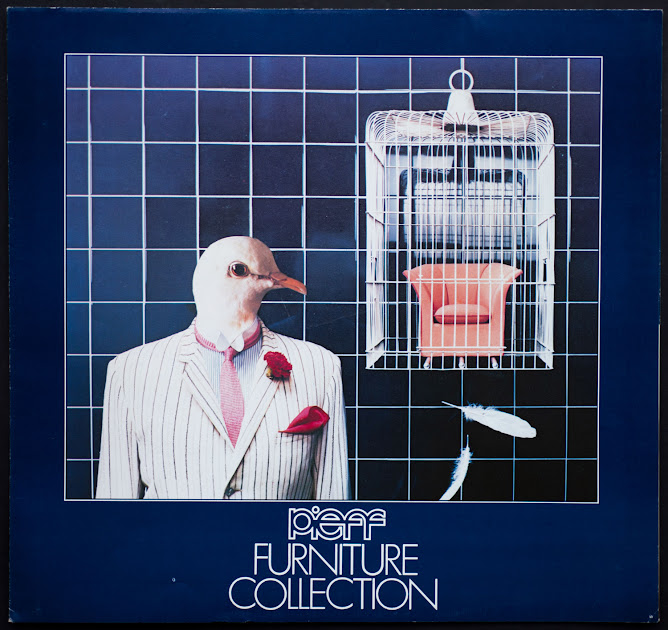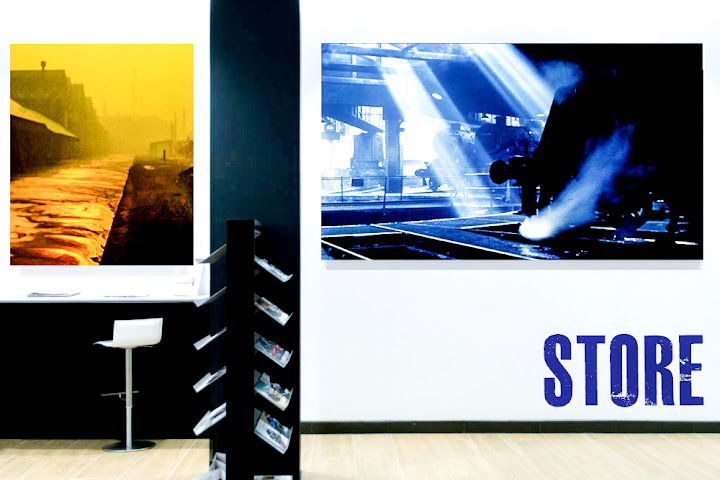Lost Negatives Reveal Pat Collins Fair in the 1960s
Newly Scanned Negatives Reveal Forgotten Joy: Pat Collins Funfair in 1960s Birmingham
A remarkable discovery of long-forgotten photographic negatives has brought a raw and intimate glimpse into Birmingham and the Black Country’s past. Captured by local photographer Peter Donnelly in the mid-1960s, the rediscovered images—recently digitised from Kodak Tri-X 400 film—document a moment in time when Pat Collins Funfair lit up the derelict "waste lands" of urban Birmingham.
The grainy monochrome photographs are steeped in nostalgia. Children grin beneath oversized coats, their hands sticky from toffee apples. The rides—loom like giants behind them, wrapped in fog and cigarette smoke.Local vendors shout beneath hand-painted signage. These are not posed portraits but candid, slice-of-life frames from a city caught between post-war rubble and the approaching modernity of the 1970s.
Donnelly’s lens captures not only the thrill of the travelling funfair but also its melancholic beauty—an escape constructed on Birmingham’s industrial scars, where once stood factories and now flickered fairground lights.
“Photography like this tells the truth of working-class joy,” says a local archivist. “It’s not just about the fair—it’s about who we were.”
Each frame resonates with the signature look of Kodak Tri-X: high contrast, rich blacks, and a tactile grain that adds authenticity to every shadowed face.
These scans are now being curated into a community-led exhibition and short film project, highlighting the Black Country's cultural memory and the role the funfair played in shaping youth and street culture in post-war Britain.
For many, it’s not just a visual time capsule—it’s a personal history.
Pat Collins Fun Fair Birmingham – A Tradition of Thrills and Family Fun
Pat Collins Fun Fair in Birmingham is one of the UK’s most beloved travelling funfairs, bringing over a century of vibrant entertainment to the heart of the Midlands. With its origins dating back to 1899, this historic fair transforms open urban spaces into lively arenas filled with rides, stalls, and nostalgia. From classic attractions like the Waltzer and Helter Skelter to modern thrill rides and traditional game booths, Pat Collins Fun Fair continues to capture the imagination of families and fun-seekers across generations. Whether it’s set up at Cannon Hill Park, Perry Barr, or Tipton’s Jubilee Park, the fair offers an unforgettable experience for all ages.
https://www.amazon.co.uk/Were-Yesterday-Birmingham-Photographs-Remembered/dp/1704391431
%20copy.jpg)
%20copy.jpg)
%20copy.jpg)
%20copy.jpg)
%20copy.jpg)
%20copy.jpg)
%20copy.jpg)
%20copy.jpg)










Comments
Post a Comment